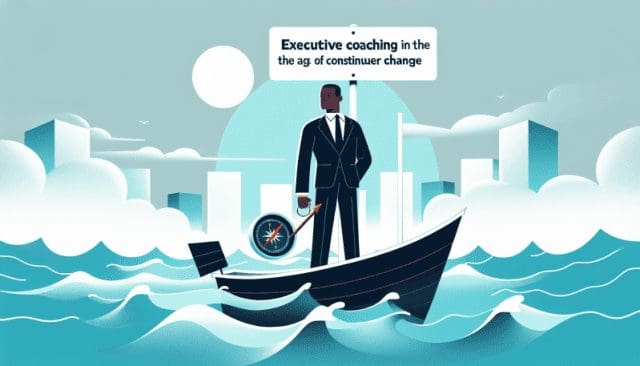Navigating the Paradigm Shift: How Technological Advancements are Sculpting the Recruitment Landscape of Tomorrow
In the ever-evolving world of work, the one constant is change. With each passing day, technological breakthroughs are overhauling how companies approach talent acquisition, leading to a monumental paradigm shift within the recruitment sector. As we witness an unprecedented integration of artificial intelligence (AI), machine learning, and automation into hiring processes, the recruitment landscape of tomorrow is being sculpted today.
The forerunners of this revolution are technologies that promise efficiency and optimization but also pose vital questions about the future of work. AI and machine learning algorithms are now able to sift through thousands of resumes, parse candidate data with extraordinary precision, and even predict the likelihood of a prospect’s success in a role. This capability is a game-changer for recruiters, freeing them from the clerical shackles of the past and allowing them to focus on the strategic elements of talent acquisition.
However, as with any seismic shift, there are significant implications for the structure of the job market. Skills demands are in flux; the advent of technology has spawned a growing need for digital literacy and technical competencies across all industries. Yet, it’s not simply about having the right hard skills. As decision-making becomes increasingly data-driven, the soft skills that enable humans to navigate complex social and professional landscapes are more crucial than ever.
The evolution of job roles is equally profound. New positions are emerging within the intersection of technology and human expertise, while others become obsolete. Recruiters themselves must evolve, acquiring a blend of technical know-how and the perennial human touch that machines cannot replicate.
Ethical considerations abound in this brave new world. The reliance on algorithms for candidate screening raises concerns about fairness, bias, and privacy. Recruiters are tasked with ensuring that their tools are not only effective but also equitable, guarding against encoded prejudices that could perpetuate discrimination.
Furthermore, the socioeconomic effects of technology adoption in recruitment cannot be ignored. As automation potentially reduces the number of entry-level positions, which have traditionally served as stepping stones, the pathway to career advancement may alter significantly. This raises questions about social mobility and the broader implications for workforce diversity.
In balancing innovation with the human element, recruiters must navigate a delicate tightrope. Embracing technology is imperative for staying competitive, but recognizing the value of human interaction in the recruitment process is equally important. The art of recruitment, after all, is not purely transactional; it is about understanding aspirations, culture fit, and the intricate nuances of human potential.
In conclusion, as we look to the future, recruiters are not just finding talent but also setting the stage for the workplace of tomorrow. The recruitment strategies that will prevail are those that harness the power of emerging technologies while remaining attuned to the timeless value of human connection. In this dynamic landscape, the role of the recruiter is more strategic and influential than ever, steering both individuals and organizations through the uncharted waters of the evolving world of work.
The readership accustomed to the in-depth, meticulous journalism of The Washington Post, The New Yorker, and The New York Times will appreciate that the road ahead is both exciting and daunting. It is a path that demands a nuanced understanding of technology’s role in shaping our professional destinies, a commitment to ethics and equity, and a celebration of the human spirit that powers our collective journey into the future.































